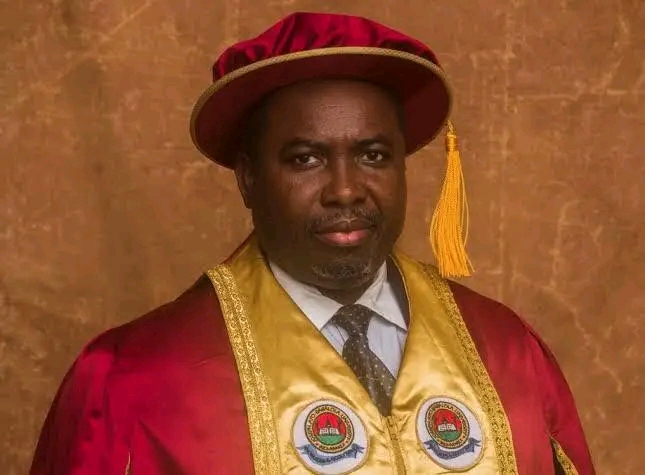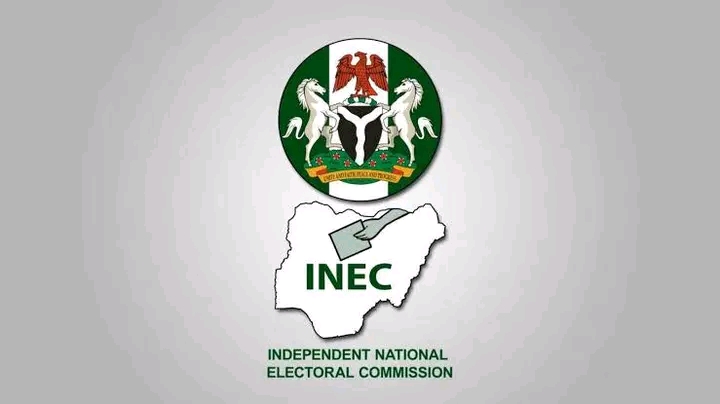There are institutions that die quietly. And there are those that live on, only to decay from within. The Independent National Electoral Commission — INEC — belongs to the latter. It conducts elections, yet often buries the very spirit of democracy.
So, welcome to the new INEC Chairman. As expected, your confirmation sailed through smoothly — a mere ritual in our Senate’s predictable theatre. But confirmation is not consecration. You will need not just our prayers, but also our collective vigilance, for the INEC you inherit is no ordinary bureaucracy. It is a graveyard of ideals — an institution haunted by the ghosts of its own corruption.
I speak not as a distant observer but as one who has seen it up close — first as a candidate pleading for fairness before its officials, and later as a presidential adviser engaging it from the corridors of power. What I saw then, and what we continue to see now, is rot that transcends personalities. It is systemic — embedded, protected, and self-replicating.
The Illusion of Reform
Every new INEC chairman arrives to fanfare — with lofty speeches about transparency, technology, and credibility. Yet, within months, the system swallows them whole. INEC is a machine that digests integrity and excretes compromise.
Files vanish mysteriously. Sensitive materials are traded like commodities. Loyalty is bought, technology sabotaged, contracts inflated, and those who try to do right are mocked as naïve. Elections, which should be the heartbeat of democracy, have become business ventures for a few — and trauma for the many.
Nigeria does not lack competent people; what it lacks are institutions willing to protect them. From procurement to logistics, from voter registration to result collation, corruption has metastasized. The problem is not merely bribery — it is the culture that treats the people’s will as a negotiable commodity.
The Culture of Impunity
INEC’s problem is not inefficiency; it is impunity.
Electoral officers who compromise results are rewarded with promotion. Collation officers who rewrite figures are compensated with appointments. Politicians who buy their victories are later addressed as His Excellency. When wrongdoing attracts no consequence, corruption becomes a creed.
As a candidate, election day felt less like a civic exercise and more like a dangerous expedition — one had to protect not just the votes, but also the conscience of those counting them. Later, as an adviser, I saw the same disease from another angle: institutional arrogance that resists scrutiny and reform.
I have seen university professors — invited to lend credibility — make nocturnal visits to candidates to negotiate humongous payoffs. I have seen lower-level staff break into stores to tamper with ballots, preempting tribunal evidence. Resident Electoral Commissioners lobby to be posted to volatile but “lucrative” states where bribes are richer. Some even collect from opposing candidates.
Anyone who has ever contested an election in Nigeria has their own horror story.
What Must Change
To fix INEC, we must stop pretending that memos and sermons can redeem it. The institution must be rebuilt — legally, structurally, and culturally — from the ground up.
- Total Personnel Audit:
Conduct a forensic audit of every staff member — from headquarters to polling units — and expel those whose loyalty lies with political merchants. - Transparent Recruitment and Tenure System:
Depoliticize and professionalize recruitment. The current practice, where insiders hire loyalists, ensures the continuity of corruption. - Digital Transparency, Not Digital Manipulation:
Technology means nothing in corrupt hands. We need open-source electoral systems that allow citizens, parties, and observers to track results in real time. What use is spending billions on technology if it is gleefully discarded on Election Day and justified by selective interpretations of the law? - Independent Oversight:
INEC must not only be independent of the executive; it must also be accountable to citizens through an oversight body drawn from civil society, the judiciary, and academia. - Consequences for Electoral Crimes:
Establish an Electoral Crimes Commission with prosecutorial powers. Those who rig elections must not find refuge in politics. A strict, enforceable code should ensure that anyone who subverts the people’s will faces the law.

A Call to the New Chairman
Mr. Chairman, you are not being called to tinker at the edges. You are being summoned to perform surgery on a dying institution — to cut deep and rebuild, not repaint. The nation does not need a panel beater; it needs a surgeon. Nigerians are tired of promises; they crave results.
You will face resistance, sabotage, and seduction. The vultures within will test your resolve. But history will give you only one chance to be different.
INEC must stop being a factory for stolen mandates. It must once again become the guardian of our collective will. Until that happens, elections in Nigeria will remain what they have become — theatre without truth, performance without purpose.
I write this to fulfill all righteousness. Knowing our system, I doubt this rebirth will happen soon. But should it ever happen, I would be glad to be proven wrong — for in that moment, not only I, but Nigeria itself, would find redemption.

